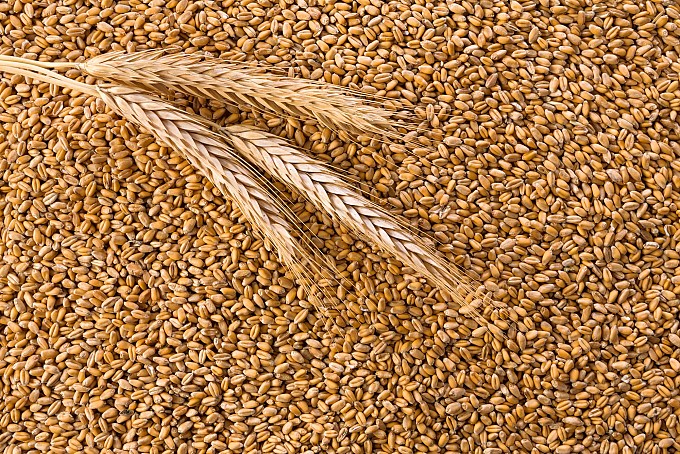
The introduction of restrictions on wheat exports from Kazakhstan will be considered today, December 1, by an interdepartmental government commission. If the authorities accept the announced proposal to introduce an export duty, this will bring down already low grain prices and lead to the disruption of the 2024 sowing campaign. Kazakhstan may be left without bread as early as next season.
The first item on the agenda of the next meeting of the IMC is “On some issues of regulating the export and import of wheat.” This streamlined formulation is deciphered as follows: it is proposed to establish an export customs duty on hard and soft wheat, classified by codes 1001 19 and 1001 99, in the amount of 20%, but not less than 60 euros per ton.
Moreover, it is proposed to completely ban the export of durum wheat for some time.
In addition, it was proposed to lift the ban on the import of wheat by road from Russia, introduced in April, and also to lift all restrictions on its import by rail.
Who will benefit from such decisions? The answer is clear - flour millers of Kazakhstan. Moreover, it is precisely those who work to export flour to Central Asia, since they are closely involved in the processing of Russian wheat. Last season, Kazakhstan imported over 5 million tons of wheat from Russia, most of which was processed by domestic mills. To compete with Russian flour in the markets of Uzbekistan and Afghanistan, exporting flour millers need cheaper raw materials than they can get on the domestic market of Kazakhstan.
As for those mills that work for the Kazakh consumer, their need for Russian grain is small, since prices for flour on the domestic market of Kazakhstan are higher than on the export market. And Kazakh flour, made from Kazakh wheat, is also sold within the country with sufficient profit.
Who will lose if a wave of Russian wheat floods into the domestic market of Kazakhstan?
Obviously, these will be farmers from Kazakhstan. Since this season farmers have suffered from summer drought and heavy rains in autumn, the cost of their grain is much higher than in Russia. To simply make ends meet, they need a price of 120 thousand tenge/ton, which was set by the Food Corporation in October. However, the ongoing import of wheat and other types of grain (barley, corn) from Russia continues to put pressure on prices. This led to the fact that over the month (from the end of October to the end of November) the price of class 3 wheat on the domestic market fell by 20%, from 120 thousand tenge/ton to 100 thousand tenge/ton.
If Russian wheat goes to Kazakhstan without restrictions, then the demand for domestic grain will drop to zero. In particular, a flood of smuggled grain will go to Kazakhstan, as was the case last season. If in the border regions of Russia the cost of a ton of grain is 16.5 thousand rubles, then without paying VAT such grain will be sold in the Republic of Kazakhstan for 82-85 thousand tenge/ton.
But that is not all.
As for the impact of the export duty, 60 euros (30 thousand tenge) will be subtracted from the current price. This means that wheat prices may drop by half, to 50-55 thousand tenge/ton.
Even sadder prospects will await sprouted grain, of which there are about 5 million tons in Kazakhstan this season. It still costs 40 thousand tenge/ton. If poultry and livestock farmers have the opportunity to import feed in unlimited quantities from Russia, there will be no demand for sprouted Kazakh wheat at all. Considering that sprouted grain cannot be stored for a long time, we can safely predict its death in farmers' warehouses.
Thus, more than half of the current grain harvest in Kazakhstan will remain unclaimed. Farmers will be able to sell another half either “at zero” or even with a negative profitability.
The consequences of this are obvious - a large part of Kazakhstan’s farmers simply will not have the opportunity to conduct a sowing campaign in the spring of 2024. Kazakhstan will be left without its own bread, falling into complete food dependence on Russia. The northern neighbor will have a powerful lever of influence on Kazakhstan in the form of a “grain tap” that can be turned off at any moment, bringing the country to its knees.